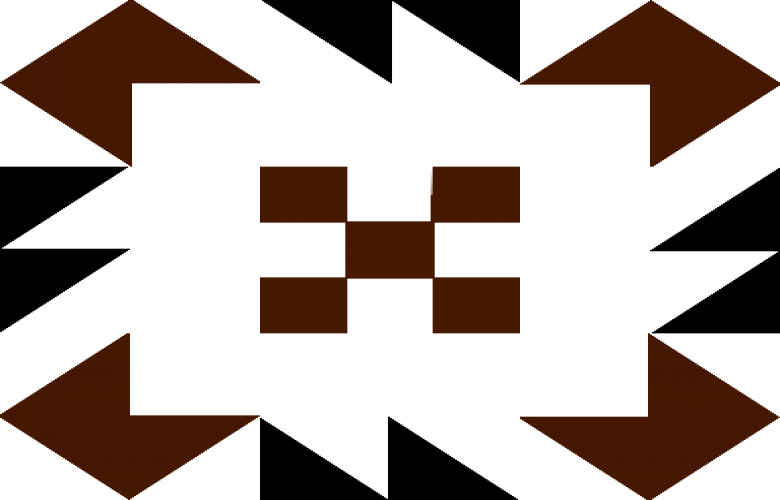Sadly, many people with depression and anxiety disorders don’t come forward to seek help and spend the majority of their lives suffering. But anxiety, depression and their underlying causes are very treatable with medications, psychotherapy, and lifestyle changes.
Table of Contents
How do you treat mental illness without medication?
Simple daily practices such as meditation or adding to a list of things you’re grateful can help boost mood and overall well-being. Meditation can have a range of beneficial effects such as lowering stress levels and helping people to become more aware of their thoughts and reactions.
What can you take that’s natural for anxiety and depression?
Six Natural Remedies for Anxiety and Depression Drink green tea instead of coffee. Experiencing intense, short bouts of anxiety can raise your blood pressure and stress your heart. Regular exercise. Omega-3 fatty acids.
Can you completely treat depression?
Depression is the same way. There’s no cure for depression, but there are lots of effective treatments. People can recover from depression and live long and healthy lives.
What is the 3 3 3 rule for anxiety?
Follow the 3-3-3 rule.
Then, name three sounds you hear. Finally, move three parts of your body — your ankle, fingers, or arm. Whenever you feel your brain going 100 miles per hour, this mental trick can help center your mind, bringing you back to the present moment, Chansky says.
What are 5 symptoms of anxiety?
Symptoms Feeling nervous, restless or tense. Having a sense of impending danger, panic or doom. Having an increased heart rate. Breathing rapidly (hyperventilation) Sweating. Feeling weak or tired. Trouble concentrating or thinking about anything other than the present worry.
Can anxiety be cured permanently?
Since it’s a natural part of the human condition, anxiety is not completely curable. But feeling anxious should be a temporary state that resolves when a stressor or trigger has passed.
What are the 5 signs of mental illness?
The five main warning signs of mental illness are as follows: Excessive paranoia, worry, or anxiety. Long-lasting sadness or irritability. Extreme changes in moods. Social withdrawal. Dramatic changes in eating or sleeping pattern.
How do you self treat anxiety?
How can I help myself? Talk to someone you trust add. Talking to someone you trust about what’s making you anxious could be a relief. Try to manage your worries add. Look after your physical health add. Try breathing exercises add. Keep a diary add. Complementary and alternative therapies add.
Can anxiety be cured naturally?
Untreated anxiety can get worse and cause more stress in a person’s life. However, anxiety is highly treatable with therapy, natural remedies, lifestyle changes, and medications. A person may need to try several combinations of therapies and remedies before finding one that works.
Can anxiety be cured without medication?
The even better news: Many people respond well to anxiety treatment without medication. They find that their condition can often be managed entirely, or at least in part, with lifestyle changes and holistic therapies.
How do I stop thinking about anxiety?
5 quick ways to cope with anxiety Question your thought pattern. Negative thoughts can take root in your mind and distort the severity of the situation. Practice focused, deep breathing. Use aromatherapy. Go for a walk or do 15 minutes of yoga. Write down your thoughts.
What causes the depression?
Research suggests that depression doesn’t spring from simply having too much or too little of certain brain chemicals. Rather, there are many possible causes of depression, including faulty mood regulation by the brain, genetic vulnerability, and stressful life events.
What are the dangers of depression?
People who are depressed are far more likely to have other chronic medical conditions, including cardiovascular disease, back problems, arthritis, diabetes, and high blood pressure, and to have worse outcomes. Untreated depression can even affect your immune response to some vaccines.
Does depression make your body hurt?
Depression is a mood disorder diagnosed by tell-tale symptoms such as fatigue, lethargy, or poor sleep. But depression may manifest itself in physical aches and pains that offer no obvious cause, such as unexplained chest pain, muscle ache, trembling, or hot flashes.
